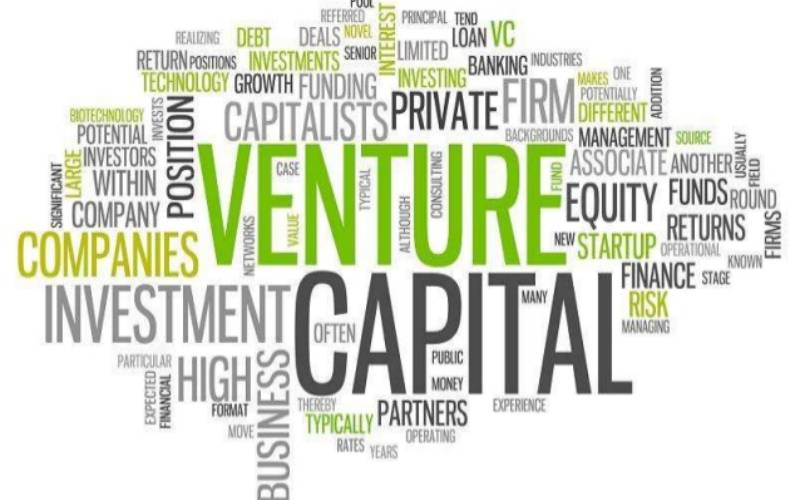
There is an interesting statistical heuristic from early-stage venture capital investments into start-ups as articulated by the innovation team at Strategyzer.com. It is that if you invest in a portfolio of 10 start-up projects six will likely fail, three will produce minimal to moderate returns (up to 10 per cent) while one will produce outsize returns of up to 10 times (10x) the initial investment.
Obviously, this data is not a precise predictor of the failure or success of new innovation projects. It is, however, a good proxy to estimate the order of magnitude of failure/success ratio for projects and provides key lessons that corporate innovators should adopt as they search for their next big growth engine.
First lesson is simply that you cannot predict beforehand which idea or project that if you invest in will yield good returns. It also gives you a fairly good idea that a majority of the novel projects that you undertake (up to 60 per cent) are likely to fail, or at least not meet expectations. And yet if you want your organisation to survive, let alone thrive, in the long run you should always be making bets by trying out new ideas.
To de-risk such an undertaking you should, then, adopt the strategy of placing many small bets in the hope of catching at least one big success. Experimentation is an essential ingredient. That is what venture capitalists do. They spread their risks, they would never bet the farm. They embrace rapid innovation sprints but in a structured manner.
Typically, in a traditional corporate investment process, a budget is allocated upfront to implement full project(s), which often leads to large risky bets on unproven ideas.
Venture capitalists adopt what is called metered or staged funding where projects are initially given minimal funding to test their viability and only those that prove their hypotheses get additional support.
For any business idea, venture capitalists look for four key things; desirability (is there a market?), feasibility (can we build and deliver it to the customer?), viability (can we make money?) and, adaptability (can the idea survive in a rapidly changing environment?).
Based on the above and with a target to generate a 10x return, a venture capitalist allocates funding in three broad phases; discovery, validation and acceleration.
Assume a hypothetical situation where a company invests Sh1 million into an innovation portfolio with the objective of generating Sh10 million return. At the discovery stage, the firm is seeking to understand whether there are customers out there for the product or service it is designing and whether they are willing to pay for it. This should ideally be a back-of-the-envelop exercise that must be as cheap as possible. In our case, let’s say the investor would put Sh20,000 in up to 10 projects capping the initial investment at Sh200,000.
From the heuristic, we can assume that at least six out of the 10 projects will fail to prove their hypotheses and will be abandoned. The other four will move to the validation stage where the objective is to conduct further tests on customer interest and profitability. This is where you build actual prototypes and put them before real customers. At this stage the venture capitalist would allocate, say, Sh50,000 for each of the remaining projects bringing the total spend to Sh400,000 so far.
Of the four remaining projects, we can assume that one will demonstrate great potential with a business model that can scale. Here, an investor moves to the acceleration stage and allocates, say, Sh400,000 to the most promising idea. In this final phase, the product has demonstrated product/market fit, customer acquisition, and retention evidence as well as a scalable business model that is likely to deliver 10x returns.
All corporates face the need to create an ecosystem dedicated to exploring, nurturing, and growing new opportunities. To do this successfully they must think and invest like venture capitalists.
 The Standard Group Plc is a multi-media organization with investments in media
platforms spanning newspaper print operations, television, radio broadcasting,
digital and online services. The Standard Group is recognized as a leading
multi-media house in Kenya with a key influence in matters of national and
international interest.
The Standard Group Plc is a multi-media organization with investments in media
platforms spanning newspaper print operations, television, radio broadcasting,
digital and online services. The Standard Group is recognized as a leading
multi-media house in Kenya with a key influence in matters of national and
international interest.
 The Standard Group Plc is a multi-media organization with investments in media
platforms spanning newspaper print operations, television, radio broadcasting,
digital and online services. The Standard Group is recognized as a leading
multi-media house in Kenya with a key influence in matters of national and
international interest.
The Standard Group Plc is a multi-media organization with investments in media
platforms spanning newspaper print operations, television, radio broadcasting,
digital and online services. The Standard Group is recognized as a leading
multi-media house in Kenya with a key influence in matters of national and
international interest.










